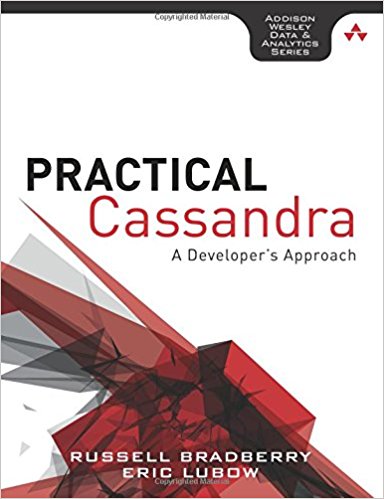One of the most important things in a startup is having a great culture. More often than not, the team will spend more time working and talking with each other than with their family or significant others (scary thought, but yes, it’s probably true). And I don’t want to harp on the importance of culture in a startup because people write tons of posts every day about it. What I do want to write about is what we do at SimpleReach to encourage culture.
Every Thursday, we pile the team into the conference room and we have lunch together. I know you’re thinking, “What’s so great about that? Tons of teams have lunch together and that engenders it own culture.” But after lunch, we take it one step further. Every Thursday, someone puts together a talk on something they are an expert on and teaches the group. Since we are primarily a startup with an engineering culture, the vast majority of our talks have revolved around engineering talks like “Evented Systems”, “Distributed Data Stores”, “Node.js”, “Pinning Applications to Proper Hardware Platforms”, “Basics of Regression Analysis”, etc.
But lately we’ve expanded those talks to include topics like, “How Does Venture Capital Work?” and “What is the History of SimpleReach?” By including the business side of the organization, we build a better more cohesive team. We also ensure that the transparency that we incorporate into the culture isn’t just transparency for the sake of being able to say so, but also that the transparency is understood by everyone who desires to understand. Very few engineers actually understand some of the business side of things (like venture capital). And by ensuring that everyone in the company knows the history and evolution of the company, they can better understand and contribute to the vision and shaping of the organization.
These are just a few of the topics that we cover in our sessions. We don’t relegate the topics to engineering or business, those just end up being the main topics because those are in the house expertises and interests that everyone shares. Knowing who you can go to for additional help on something you are working on or finding new passions within an organization are great motivators. It’s also help us find some issues with some our current architecture. So you take the good with the bad because it helps drive company forward. But either way, the best part is that everyone walks out of the room more educated than they entered. And the sharing of information is a great unifier of teams and one of the reasons that Continuous Learning is such an important part of a good startup culture.

